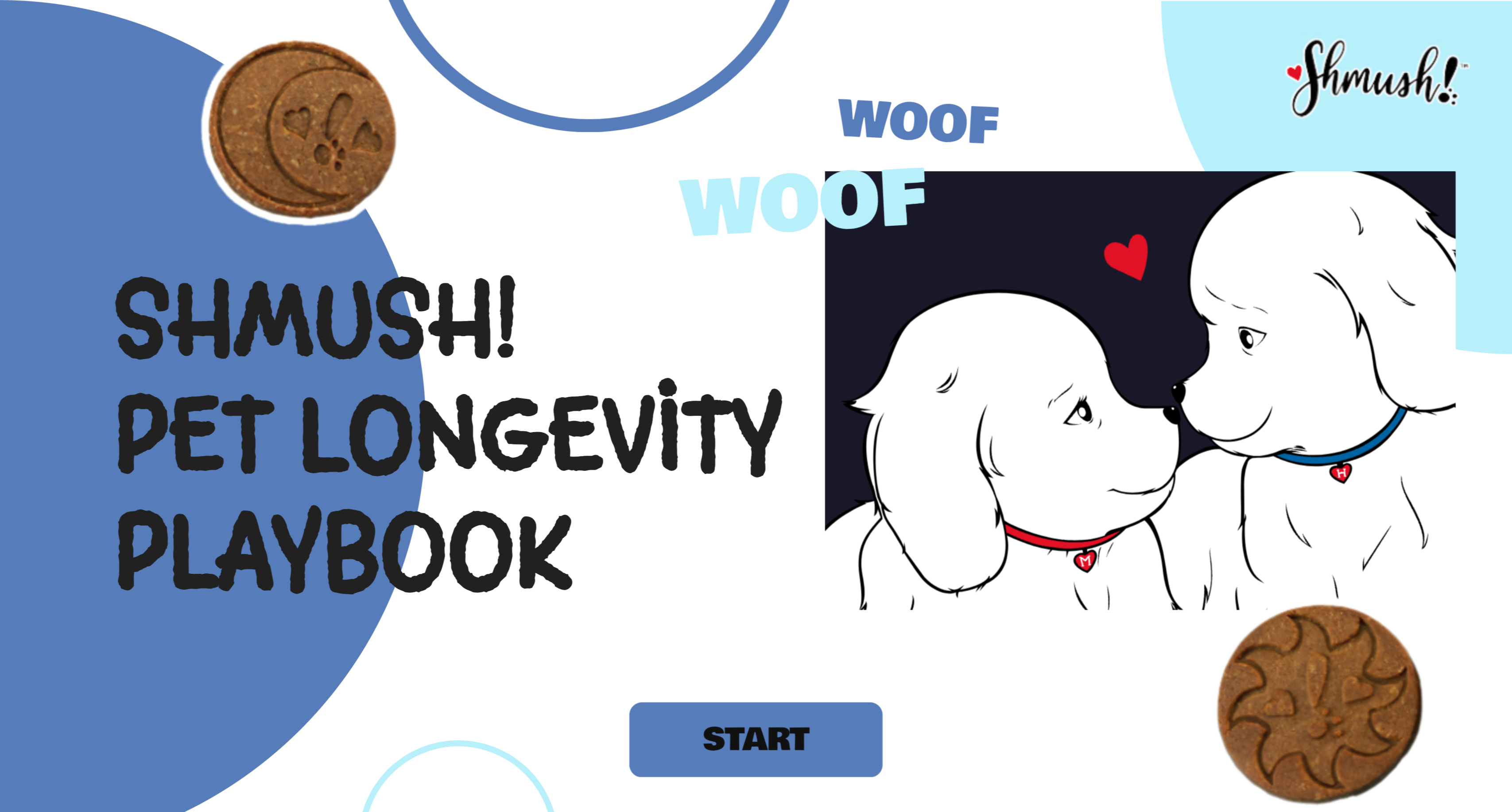

🍪 Are Vanilla Wafers Safe for Dogs? A Sweet Treat with Some Serious Caveats
If your pup just swiped a vanilla wafer off the table (and is now licking their lips with zero regret), you might be wondering: “Is that okay?” While vanilla wafers aren’t toxic in every case, they’re far from ideal as a dog treat.
Let’s break down why, when, and how dogs can handle this sugary snack—and what safer alternatives you can serve up instead.
🧾 What’s Really in a Vanilla Wafer?
Typical vanilla wafer ingredients include:
-
Sugar – not dog-friendly and hard on their tummy
-
Enriched flour – empty carbs with little nutritional value
-
Fats and oils – often processed and high in calories
-
Vanilla extract – may contain alcohol, which is harmful to dogs
And then there’s the worst-case scenario: some processed cookies could contain xylitol, a common sugar substitute that is highly toxic to dogs—even in tiny amounts.
⚠️ Risks of Feeding Vanilla Wafers to Dogs
While one small bite might not send your pup into crisis mode, here are a few reasons to pause:
🚫 1. Sugar Overload
Sugar can lead to:
-
Gastrointestinal upset (vomiting, diarrhea, gas)
-
Long-term issues like obesity, diabetes, or dental problems
🚫 2. Alcohol in Vanilla Extract
While cooking usually evaporates alcohol, some wafers may contain trace amounts. In large or frequent quantities, this can cause:
-
Lethargy
-
Vomiting
-
Toxic reactions
🚫 3. No Real Nutritional Value
Vanilla wafers don’t offer anything your dog needs—they’re just sugary carbs with potential hazards.
✅ Safer Alternatives to Vanilla Wafers
Want to treat your dog without risking a sugar crash? Try these Shmush!-approved swaps:
-
Dog-specific vanilla-flavored biscuits made with safe ingredients
-
Homemade dog cookies using glycerin-based vanilla or alcohol-free vanilla flavoring
-
Shmush! Bedtime Biscuits, packed with immune-boosting ingredients (and zero sugar)
Bonus: these options come without the tummy drama.
🌿 Benefits of Safe Vanilla Flavoring
Using alcohol-free vanilla extract (found at health food stores or pet-friendly bakeries) in moderation is generally safe. While it doesn’t offer major nutrition, it may:
-
Add flavor to bland dog-safe bakes
-
Contain trace minerals and essential oils from vanilla beans
Just keep it minimal—flavor, not feast.
🛑 Precautions Before Sharing a Sweet Treat
Before tossing your pup a cookie, always:
-
Read the label for xylitol, artificial sweeteners, and alcohol
-
Skip processed treats made for humans
-
Control portion size—a nibble is one thing, a whole cookie is another
When in doubt, reach for a dog-approved snack. (Like those yummy Shmush! biscuits that never disappoint 😉)
🩺 What If My Dog Already Ate a Vanilla Wafer?
No need to panic—but do monitor them, especially if it was more than a tiny bite.
Watch for:
-
Vomiting
-
Diarrhea
-
Unusual fatigue
-
Hyperactivity or restlessness
If anything seems off, call your vet. Better safe than sorry—especially with smaller dogs or pups with pre-existing conditions.
🐾 Final Thoughts: Sweet, But Stick to Safer Treats
While a small, plain vanilla wafer every once in a while may not cause major harm, it’s not something your dog should regularly eat. The risk of sugar, fats, and unsafe additives just isn’t worth it.
Choose healthier treats, practice portion control, and when you want to spoil your dog? Reach for something you know supports their health—like a Shmush! Breakfast Biscuit, packed with real superfoods and none of the junk.

Free Pet Longevity Playbook
Expert tips for helping your dog live a longer, healthier life—delivered straight to your inbox.